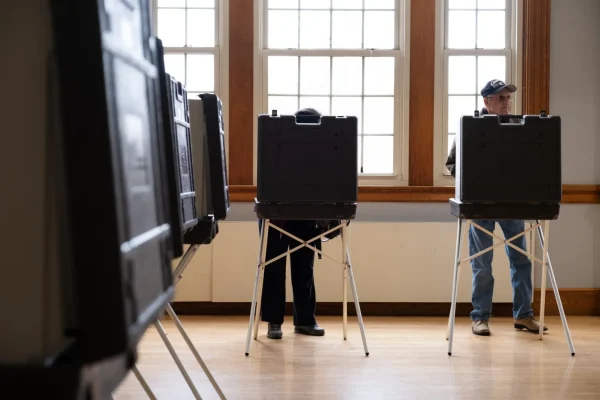PERSPECTIVE: Adamant defense and criticism arise amid airstrikes in Syria
On Feb. 25, President Joseph R. Biden authorized airstrikes targeting an Iranian-backed militia in Eastern Syria in retaliation to Iranian attacks on Feb. 15 that killed a civilian contractor and coalition troops and wounded a U.S. service member.
Biden’s administration justified this attack with Article II of the U.S. Constitution and the UN Charter, relating to presidential war powers and international self-defense.
Despite this justification, Biden has received widespread backlash from Senate Democrats for failing to notify Congress and from Syria, who called the attack a “bad sign” on behalf of our new administration.
This criticism is partially borne of Biden’s lack of complete congressional consultation, but more impactful was the destructive and inhumane nature of the attack. These strikes killed 22 people and destroyed 3 munition-loaded trucks in Abu Kamal, a city in Eastern Syria.
In defense of the airstrikes, Pentagon spokesman John Kirby said the administration has “acted in a deliberate manner that aims to de-escalate the… situation in both eastern Syria and Iraq.” Kirby defined the airstrikes as “defensive” and said that they were “conducted…with diplomatic measures.”
This attack is Biden’s first military action in office, which has led to concerns regarding his next course of action.
From a national security perspective, Biden may have held his own justifications to call the airstrike, with it being in the wake of the Iranian attacks; however, decisions like these hold more weight than a mere warning. Although Kirby might have framed this decision in a noble light, it’s important to recognize the gravity of the issue.
Despite Biden’s justifications, attacks like these happen constantly, causing a massive amount of damage and death in Syria, a country already struggling with instability — much of which has been brought on by U.S. military actions. Without sufficient congressional approval, 22 people (a number likely subject to change) have been killed, and the U.S.’s relationship with Syria and Iran has likely been fractured.
This ‘warning’ on behalf of the Biden Administration shows that his priorities won’t stray too far from previous presidents, regardless of partisanship. Moreover, it begs an important question — if this airstrike is a “diplomatic” warning, what does undiplomatic action look like?

Samuel Weinmann is a passionate journalist who is a junior international affairs major at the University of New Haven. As the editorial head of the Charger...



